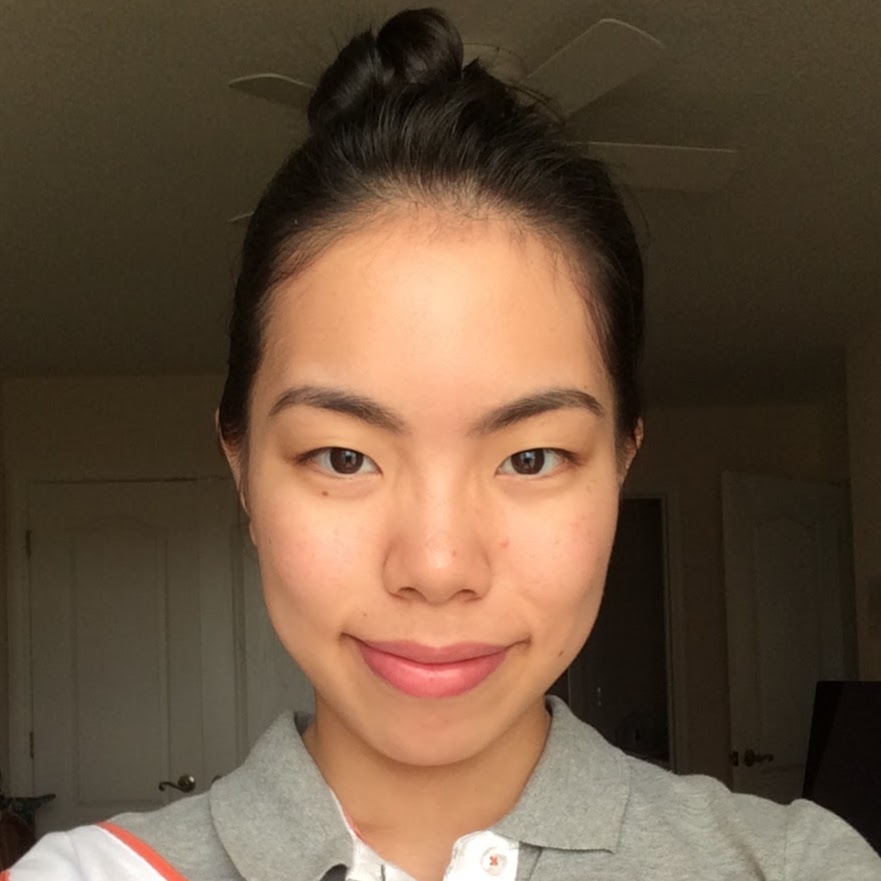The Freedom to Oppress: The New Definition of free Speech on Campus
- Lena Wang

- Feb 2, 2017
- 2 min read
Political correctness has gone too far and its overreaching policing has twisted the original definition of freedom of speech. Increasingly, campuses are adopting “safe spaces,” trigger warnings, and designated free speech zones at the expense of liberty. There is a need for inclusivity and speaking out against social injustice, but should opponents to the social justice movement be censored if they disagree? Should Trump supporters be beaten up for unpopular opinions? If your answer is no, would you be ok with your university hosting a so called alt-right speaker? Many students at U.C. Berkeley violently protested a Milo Yiannopoulos event earlier today, which goes to show the “tolerance" of these triggered liberals.
The whole point of going to college is to cultivate knowledge and learn about ideas that oppose personal ideology. Learning was never suppose to be a comfortable experience, it was meant to push you to your limits and help you grow as a person. Closing yourself off to subjects you don’t agree with only hurts you in the end. A prime example of closing yourself off is, immediately getting angry and emotional when someone is against supporting controversial issues like free healthcare or abortion. We all need to open dialogue for unpopular sides, like the alt-right, and allow them to express their opinions because this is the first step to achieving equality without sacrificing constitutional rights. Think of it this way; if you never know what your enemy is thinking, how do you know which direction to step in? When you meet someone who opposes your views that you believe to be righteous, remember this: Racists are not born but made and ignorance is taught, and they are who they are simply because of the lack of exposure to other cultures and ideas.



Comments